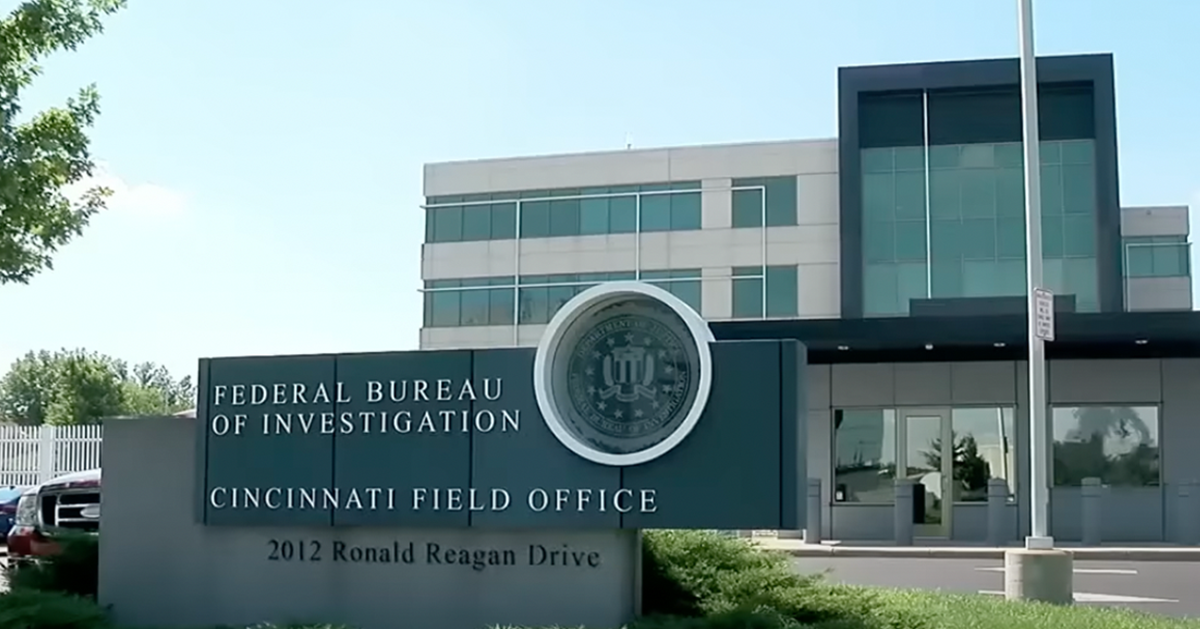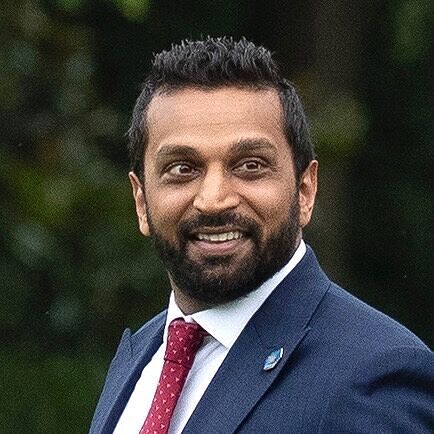Harris Campaign Chair Refutes Claims of Interview Avoidance
Jen O’Malley Dillon, campaign chair for Vice President Kamala Harris' failed White House bid, addressed allegations regarding the candidate's selective participation in interviews, attributing the perception to media bias rather than campaign strategy failures.
During a discussion on Pod Save America, Dillon, alongside other key officials, emphasized challenges she linked to unfair media narratives in the 2024 election cycle, during which Harris lost to President-elect Donald Trump, as the Daily Wire reports.
The conversation marked the first public commentary by top Harris campaign officials since Harris' unsuccessful bid for the presidency concluded. Dillon was joined by political veterans David Plouffe, Quentin Fulks, and Stephanie Cutter, as they examined how the campaign unfolded.
Media's Role in the Harris Campaign
O’Malley Dillon took a firm stance against what she described as a misleading media “narrative” that suggested Harris was evasive when it came to engaging with challenging interviews. This narrative, she argued, was a significant factor affecting public perception.
Speaking on the liberal podcast, Dillon clarified that Harris was indeed conducting interviews, albeit strategically, to align with campaign priorities. This included the pivotal tasks of selecting a running mate and managing various campaign rollouts effectively.
She sharply contrasted Harris’ approach with the more conventional and frequent engagements of her opponents, President-elect Trump and Vice President-elect JD Vance, who maintained a robust schedule of public events and media appearances.
Narrative vs. Reality: A Campaign's Stated Struggle
O’Malley Dillon dismissed the notion of Harris dodging interviews as both false and unjust, indicating that the campaign faced undue pressure from these perceptions. According to her, such narratives presented additional hurdles that weren’t similarly imposed on Trump.
In expressing her frustration, Dillon pointed to a dissonance in standards applied by media outlets. She asserted, “Real people heard, in some way, that we were not going to have interviews, which was both not true and also so counter to any kind of standard that was put on Trump.” The campaign chair highlighted that refuting this narrative became yet another challenge the campaign had to contend with, complicating their strategic efforts.
Campaign Priorities and Interview Strategy
Dillon candidly discussed the balancing act of conducting interviews while fulfilling campaign priorities. She emphasized the complexity of the campaign trail, which involved being the nominee, selecting a running mate, and executing strategic announcements.
Referring to the period leading up to the elections, she commented, “There were all these things that you kind of want to factor in,” suggesting that the campaign’s engagement tactics were meticulously aligned with their overarching goals.
This approach, according to Dillon, was misinterpreted by media factions, translating to a narrative that significantly clouded public understanding of Harris’ campaign activities.
Unfair Media Standards and Impact Alleged
Throughout the discussion, Dillon underscored what she said was a disparity in media scrutiny and standards, asserting that Harris faced a “narrative” that her competitors did not. This perceived imbalance, she suggested, played a role in shaping public sentiment and added a layer of complexity to the campaign's challenges.
In addressing specific types of questions posed to Harris in interviews, Dillon expressed dissatisfaction. She described the questions as “processy” and inadequate in effectively conveying Harris’ policy positions and vision.
O’Malley Dillon’s dialogue on the podcast reflected deep-seated frustrations over the campaign’s portrayal and the persistent battle against narratives that, in her view, detracted from the campaign’s actual operational strategies and messaging.
Reflections and the Path Forward
While reflecting on the campaign's execution, Dillon repeatedly pointed out that the perception of evading media was simply one facet of a broader challenge. The need to counteract such narratives informed their communication strategies to a significant degree.
During the podcast, other campaign officials, including Plouffe, Fulks, and Cutter, concurred with Dillon's assessment. They reiterated the challenges associated with distorted media portrayals during the high-stakes 2024 presidential race.
This introspection and critique of media practices underscored their resolve to navigate these hurdles in future political endeavors, aiming to present candidates in a clearer light.
Future Implications for Political Campaigns
The discussion provided a critical lens on the operational hurdles faced by political campaigns in the digital age, where narratives can rapidly shape or distort public opinion.
Dillon’s remarks serve as a reminder of the evolving interplay between media and politics. Her insights into the Harris campaign’s experience emphasize the importance of strategic communication and the pressing need to address perceived biases that could sway electoral outcomes.
With these insights, the conversation around media portrayal and candidate engagement strategies remains a pivotal topic for future campaigns.





